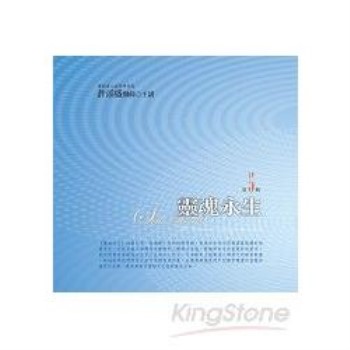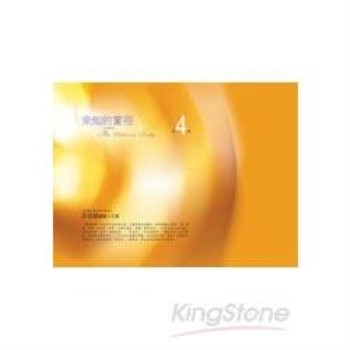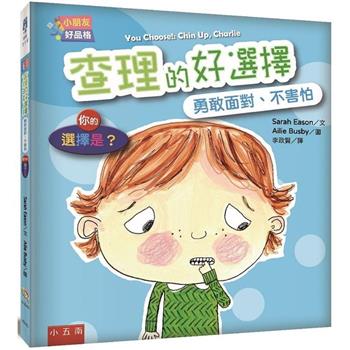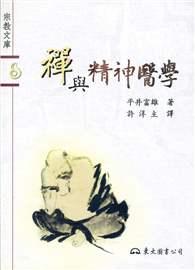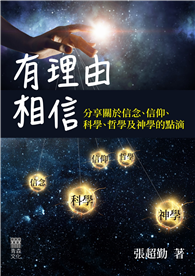Do the World Trade Organization’s rules on ’green box’ farm subsidies allow both rich and poor countries to achieve important goals such as food security, or do they worsen poverty, distort trade and harm the environment? Current WTO requirements set no ceiling on the amount of green box subsidies that governments can provide, on the basis that these payments cause only minimal trade distortion. Governments are thus increasingly shifting their subsidy spending into this category, as they come under pressure to reduce subsidies that are more directly linked to production. However, growing evidence nonetheless suggests that green box payments can affect production and trade, harm farmers in developing countries and cause environmental damage. By bringing together new research and critical thinking, this book examines the relationship between green box subsidies and the achievement of sustainable development goals, and explores options for future reform.
| FindBook |
|
有 1 項符合
Melendez-Ortiz的圖書 |
 |
$ 6840 | Agricultural Subsidies in the Wto Green Box: Ensuring Coherence with Sustainable Development Goals
作者:Melendez-Ortiz 出版社:Cambridge University Press 出版日期:2010-01-25 語言:英文 規格:精裝 / 675頁 / 22.9 x 15.5 x 3.6 cm / 普通級  看圖書介紹 看圖書介紹
|
|
|
圖書介紹 - 資料來源:博客來 評分:
圖書名稱:Agricultural Subsidies in the Wto Green Box: Ensuring Coherence with Sustainable Development Goals
|
